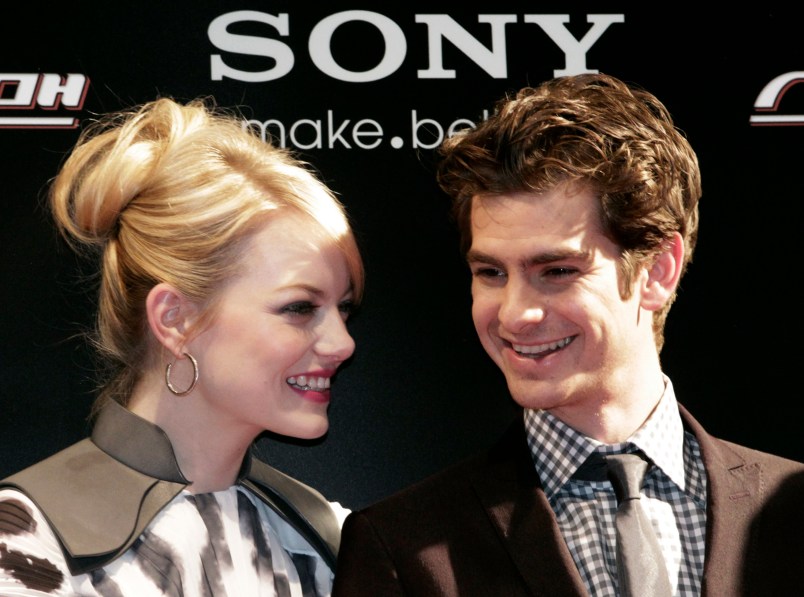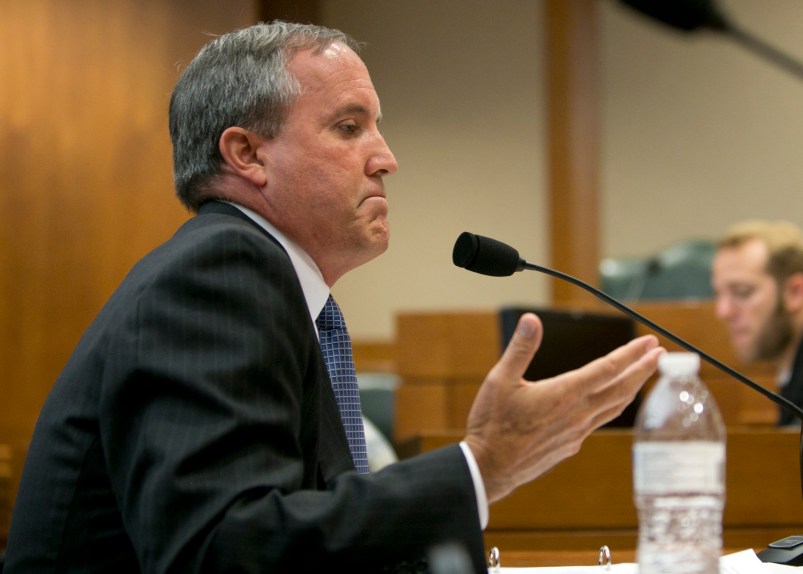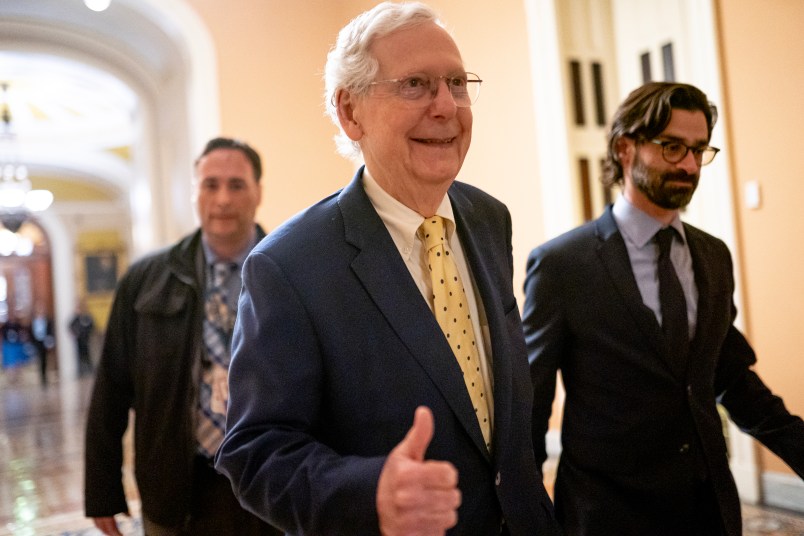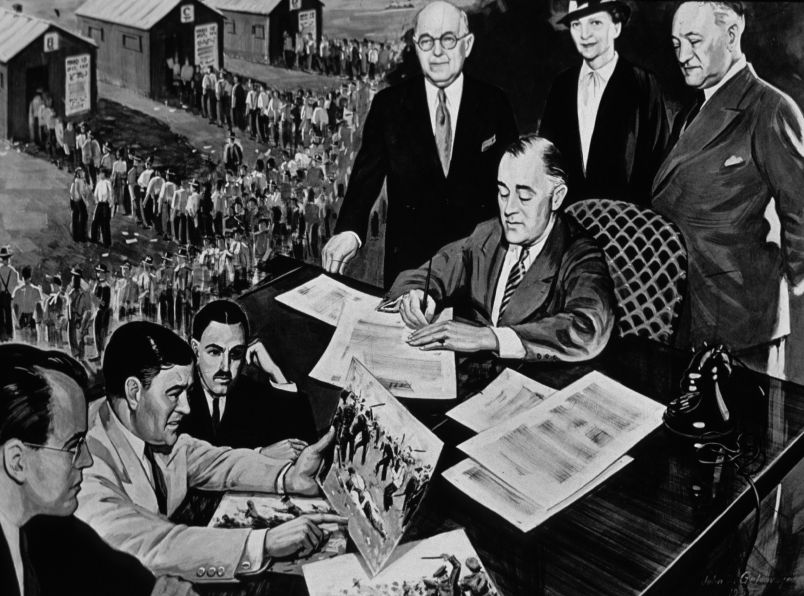Andrew Garfield, star of “The Amazing Spider-Man” and its upcoming sequel, recently had a taste of his own foot during a London screening. When a young boy in the audience asked how the famous web-slinger got his costume, Garfield responded that Spider-Man sewed it himself, and that even though sewing is a feminine trait, the costume turned out quite masculine. Fortunately, co-star (and real-life romantic partner) Emma Stone didn’t allow Garfield’s remark to go unchecked and asked him to explain how sewing is feminine. Immediately on the defensive, Garfield tried to dance around an explanation and make it seem like Stone was at fault, implying that she found the word “feminine” to be insulting. Garfield eventually tried to turn his comment into a compliment, and Jamie Foxx, who stars as a villain in The Amazing Spider-Man 2, distracted everyone by poking fun at his own history of performing in drag.
It’s unfortunate that Garfield felt he needed to qualify Peter Parker’s skillset by putting an approving stamp of masculinity on it. Garfield’s comments aren’t worthy of having him put in stocks and publicly shamed, but they do speak to a larger issue of casual sexism in Hollywood, particularly when it comes to action and superhero films. In the Spider-Man franchises, including the one starring Tobey Maguire, female characters like Mary Jane Watson (Kristen Dunst) and Gwen Stacy (Stone) are largely on screen as objects of affection and damsels in distress. In Marvel’s Avengers universe, its female characters are able to fight back and give as good as they get, but they hardly share any screen time. For example, Black Widow (Scarlett Johansson) and Agent Maria Hill (Colbie Smulders) are barely on screen together. In fact, in Marvel’s Avengers, the two don’t speak to each other at all, and in “Captain America: The Winter Soldier,” the two women speak less than 20 words to each other — all about Nick Fury (Samuel L. Jackson).
In the “Iron Man” franchise, Pepper Potts (Gwyneth Paltrow) may be able to keep up with the wit of Tony Stark (Robert Downey Jr.), but in the final installment, when she’s given the ability to do more than need Stark to save her, it’s taken away from her pretty quickly. In promotion for the film, Marvel Studio president Kevin Feige talked frequently about how Pepper would no longer be a damsel in distress; however in a scene where Potts saves Stark, Stark is unable to accept what happened, making a joke that he’s the one who’s supposed to save her. And later, when a forced experiment gives Potts superhuman abilities that once again lead her to Stark’s rescue, those powers are removed pretty quickly, returning her to normal, and returning her relationship dynamic with Stark back to status quo.
The argument that superhero movies incorporate Hollywood’s sexism and gender bias certainly isn’t new, but it’s important to note that it’s being called out more frequently and quickly. Emma Stone stopped Andrew Garfield in his tracks during that Q&A — forcing him confront his own remark on the spot. During a press conference for Marvel’s Avengers in April 2012, a reporter asked Downey Jr. a very detailed question about the maturation of Tony Stark then asked Johansson about her diet. Downey Jr., tongue firmly in cheek, immediately deflected, allowing Johansson to point out that he received an “existential” question and she was asked to talk about food. Johansson doesn’t shy away from calling out the sexism in superhero movies. And even moving away from superhero films, Chris Messina recently pointed out the sexism at play when people question why Mindy Kaling’s love interests on The Mindy Project are so attractive. No one would question those kinds of choices if Kaling’s character were a man.
Andrew Garfield conceded that there’s a little bit of feminine in every man and it was clear he was trying to remove his foot from his mouth — and maybe avoid stress in his personal relationship with Emma Stone. It doesn’t seem necessary to point out the “masculinity” of Spider-Man when discussing his attire. It’s a strange world where things like cooking and sewing are considered feminine traits and yet top chefs and fashion designers are men. Calling out Hollywood’s sexism in public and on record is an important part in the fight against it. Changes may not be immediate, but perhaps it will give studio executives, screenwriters, and producers more opportunity to stop and think about how the films portray gender and gender equality.
Nichole Perkins is a freelance writer, based in her hometown of Nashville, Tennessee.









